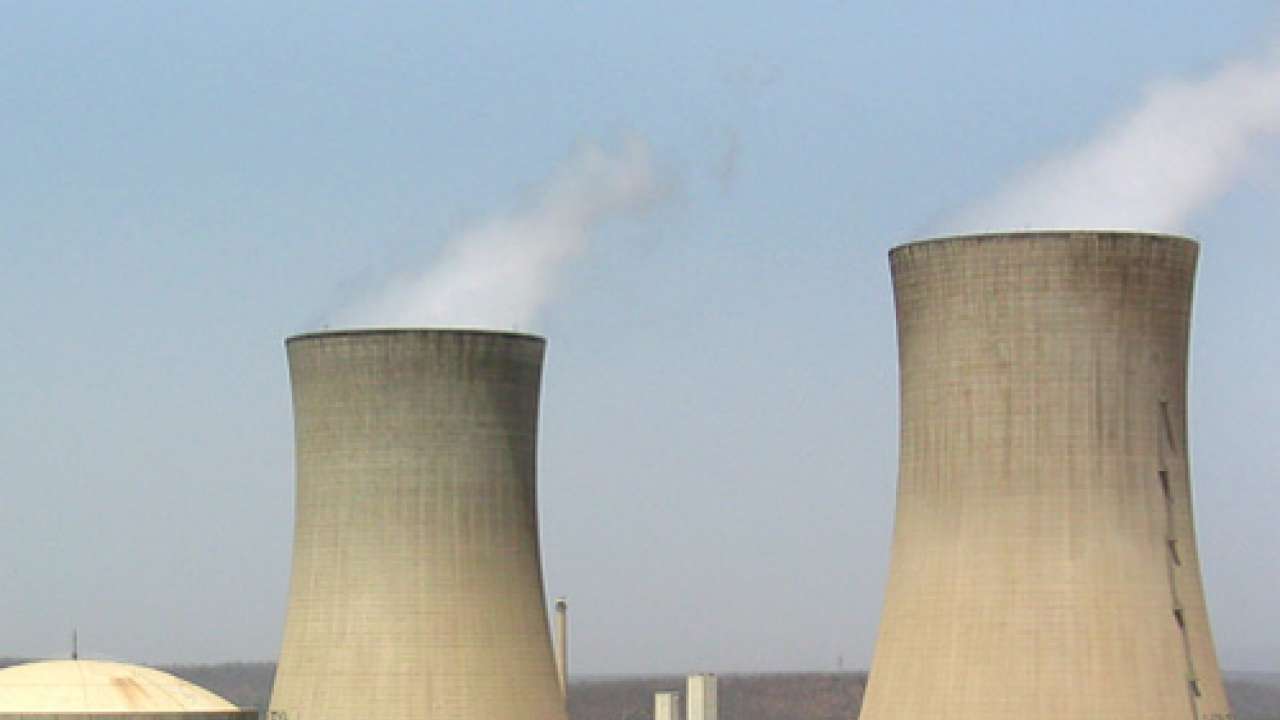
Any person who runs a business venture knows well that keeping the workforce happy and satisfied is important. In doing so, we need to make sure all their basic needs are met. Any person who is even faintly interested in human psychology or organisational management would tell you of the importance of Maslow’s need hierarchy theory.
One of the basic themes in this theory comprises covering an employee’s safety and security needs. This includes providing a safe environment and assurance against any major problem or calamity that may befall the employee in the course of his employment. Employers are also expected to forewarn employees about the possible hazards they may face on their job, so that employees can take necessary precautions. It is therefore important that the government as an employer also takes into account the security of its employees – especially if they are associated with the functioning and upkeep of India’s nuclear programme.
Every nuclear facility in the world is closely guarded and wrapped in secrecy. The people engaged in running such facilities are supposed to maintain secrecy, something everyone is well aware of. These nuclear secrets are highly sensitive because if they fall in the wrong hands – like terrorist groups – they can seriously compromise international security and have deadly consequences.
I recently came across an article I found rather disturbing. India’s civil nuclear installations such as power plants are protected by the Central Industrial Security Force (CISF), and our defence installations are guarded by other security establishments. In a chance meeting in a train from Delhi to Mumbai last week, the author met a CISF jawaan who told him about the measures that are taken by the government to protect the installations, which he admitted may need greater enhancement. A refrain which he gave was that the force is understaffed and underpaid, and he hoped something would be done soon enough to remedy the situation. He said, “We can protect the installations, but for anything more than that, we need more resources.” It is ironic that in a country with a population of over a billion people, we are facing problems of organisations going understaffed.
Another important question that begs to be asked here is that when the primary installations are being secured, what about the workforce that runs it? Since the times of Homi Jehangir Bhabha to the recent deaths from poisoning of two more like him: KK Josh and Abhish Shivam (both were involved in the development of India’s indigenous nuclear submarine Arihant), it would appear that over the years several scientists involved in our nuclear program have either gone missing or died under mysterious circumstances. The government has so far never instituted a fact-finding mission to ascertain this, turning a blind eye to this disturbing chain of events.
Surprisingly, it is the Pakistani establishment and its think tanks that seem more worried about what is happening to our scientists. Pakistani online forums are abuzz with discussions on what may be going wrong here in India. As an employer, it is always important to keep track of competitors and learn from their mistakes. That should explain the Pakistani establishment’s interest in our nuclear program. It is likely that by focusing on such issues the Pakistani establishment wishes to deflect global attention from the issues plaguing its own nuclear program, which vary from nuclear proliferation by AQ Khan to the recent media attention that their nuclear arsenal is being transported in minivans in Karachi, making it vulnerable to terror groups.
The primary question that we need to ask is, does this democratically elected government really care about nuclear security beyond the installations and machines? Does our government not consider securing the lives of our nuclear scientists as an integral part of securing our nuclear program?
In 2009 a senior scientist, Lokanathan Mahalingam, was reported to have committed suicide. The fact that no secret and sensitive documents were reported to be found near his body led the case to being treated lightly, and no serious investigations was conducted. But Mahalingam was a veteran scientist who had decades of experience behind him, and it seems highly improbable that he would be someone to commit suicide because he was unable to handle stress and work pressure.
Any movie buff will be able to tell you that a professional assassination should not be ruled out in such circumstances. Moreover, no person who assassinates a nuclear scientist would leave without taking the documents found with the scientist. Other countries such as Iran have carried out extensive probes into similar incidents, while India chooses to ignore them.
It is disturbing that no proper probe is conducted in such circumstances, and no major steps have been taken to safeguard and prevent such incidents in the future. Being abducted or mysteriously killed should not be counted as a “known risk” that a nuclear scientist understands, or as a “work hazard” when he signs his employment contract. As per Maslow’s theory, providing for a sense of safety and security is crucial in not only winning the loyalty of employers, but in making sure that they are dedicated to their work.
The Government of India is certainly not taking this matter seriously, and that is both saddening and deeply disturbing from a national security perspective. As we look forward to a new government after the upcoming Lok Sabha elections, it is important that this neglected issue is brought to attention and remedial steps are taken immediately. Moreover, as a voter in the upcoming polls, I would also like to make national security a priority in deciding the political party I choose to vote into power.
Vishesh Bansal tweets at @Wishaysh.